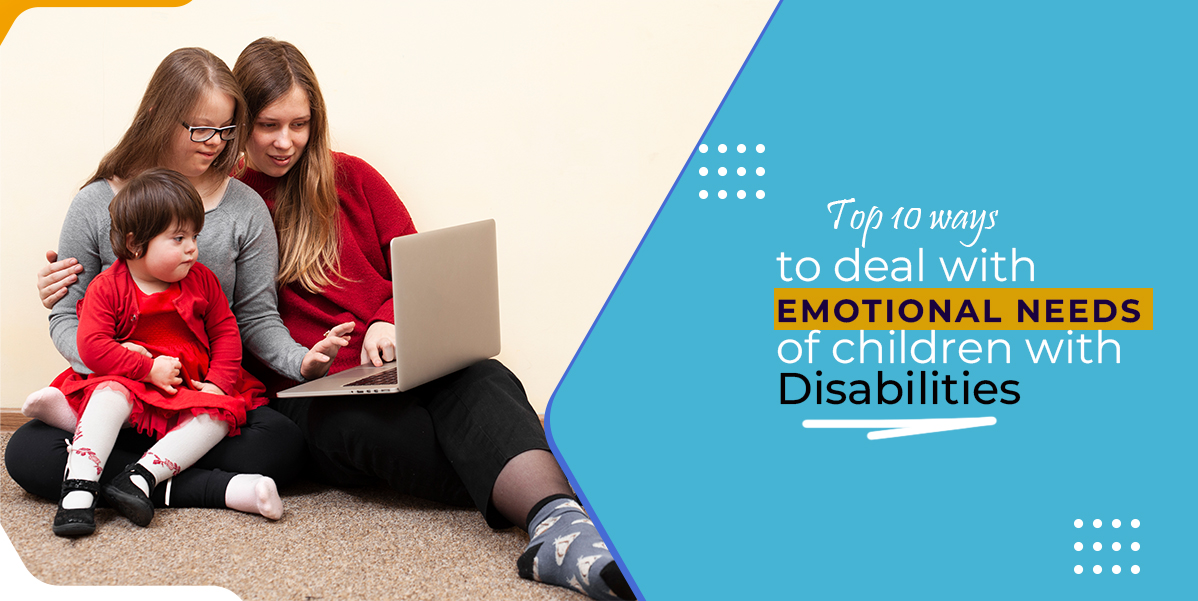Provide a safe and inclusive environment: Create an environment that accommodates the child’s disability and promotes their emotional well-being. Adapt the physical space, offer assistive devices, and ensure accessibility to encourage their participation and independence.
Encourage open communication: Promote open dialogue where the child feels comfortable expressing their emotions, concerns, and thoughts. Encourage them to use their preferred communication method, whether it’s spoken language, sign language, or augmentative and alternative communication (AAC) devices.
Foster self-esteem and self-acceptance: Help the child develop a positive self-image by focusing on their strengths, achievements, and unique abilities. Encourage them to participate in activities that build confidence and promote self-acceptance.
Offer emotional support and counselling: Provide access to professional therapists, psychologists, or counsellors who specialize in working with children with disabilities. These professionals can help the child navigate their emotions, cope with challenges, and develop effective coping strategies.
Encourage peer interactions and socialization: Facilitate opportunities for the child to engage with peers and build social relationships. This can be done through inclusive playgroups, support groups, or inclusive school environments that foster inclusion and social interaction.
Teach emotional regulation skills: Help the child develop emotional regulation skills by teaching them techniques such as deep breathing, mindfulness exercises, or sensory-based activities. These strategies can assist in managing anxiety, frustration, and other strong emotions.
Educate and involve family members: Educate family members about the child’s disability and emotional needs, fostering understanding and empathy. Encourage family members to actively participate in the child’s emotional development, providing support, and celebrating their achievements.
Advocate for the child’s needs: Be an advocate for the child, ensuring they have access to appropriate resources, accommodations, and services. Collaborate with schools, healthcare professionals, and relevant organizations to secure the necessary support.
Practice self-care: Taking care of yourself as a caregiver is essential for meeting the emotional needs of the child. Seek support from other caregivers, engage in activities that bring you joy and relaxation, and prioritize self-care to maintain your own well-being.
Remember, every child is unique, so it’s important to adapt these strategies based on their individual needs and preferences. Consulting with professionals who specialize in working with children with disabilities can provide further guidance and tailored support. If you are looking for Caregivers for children with disabilities reach out to Q1 care today.



